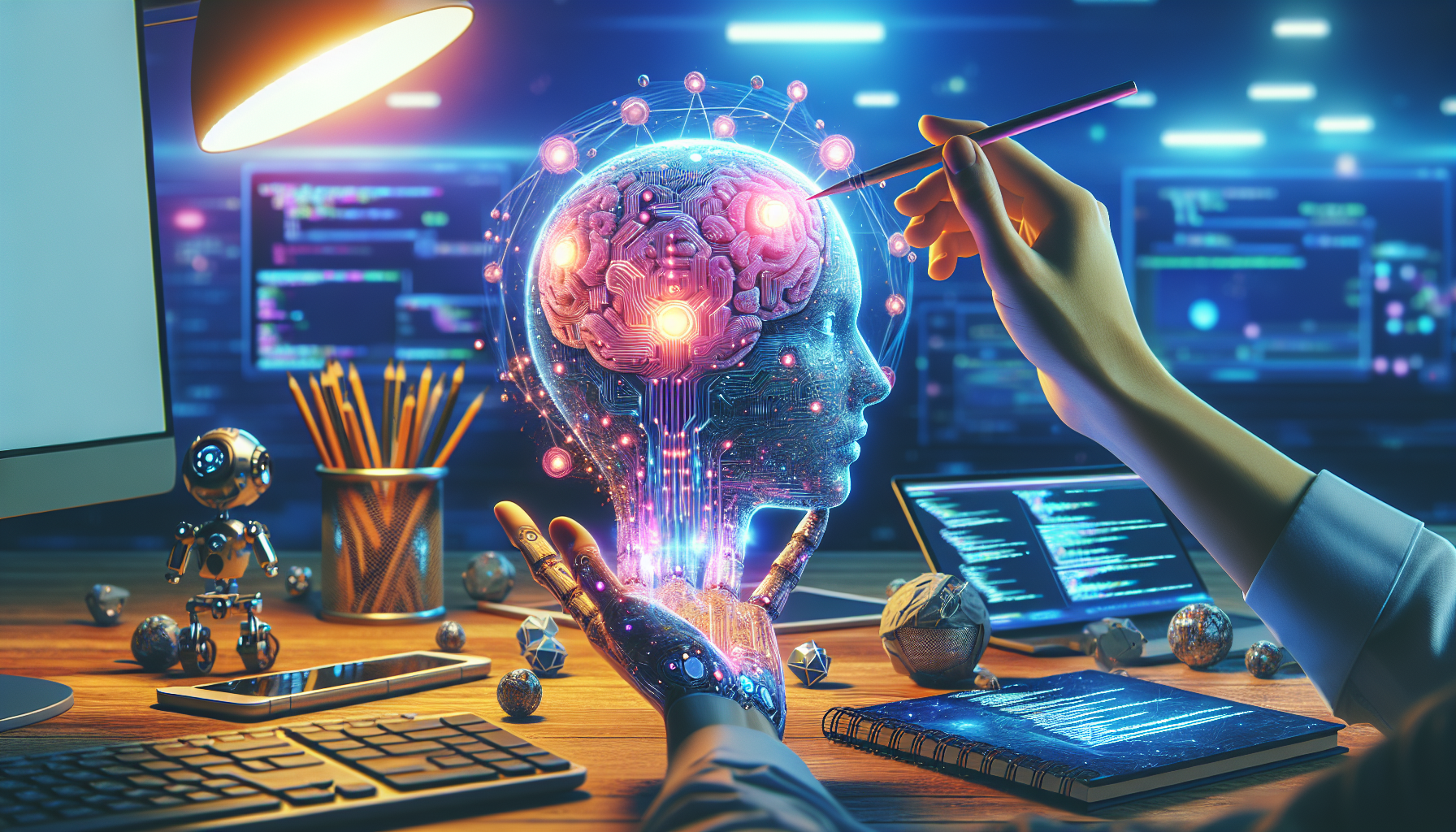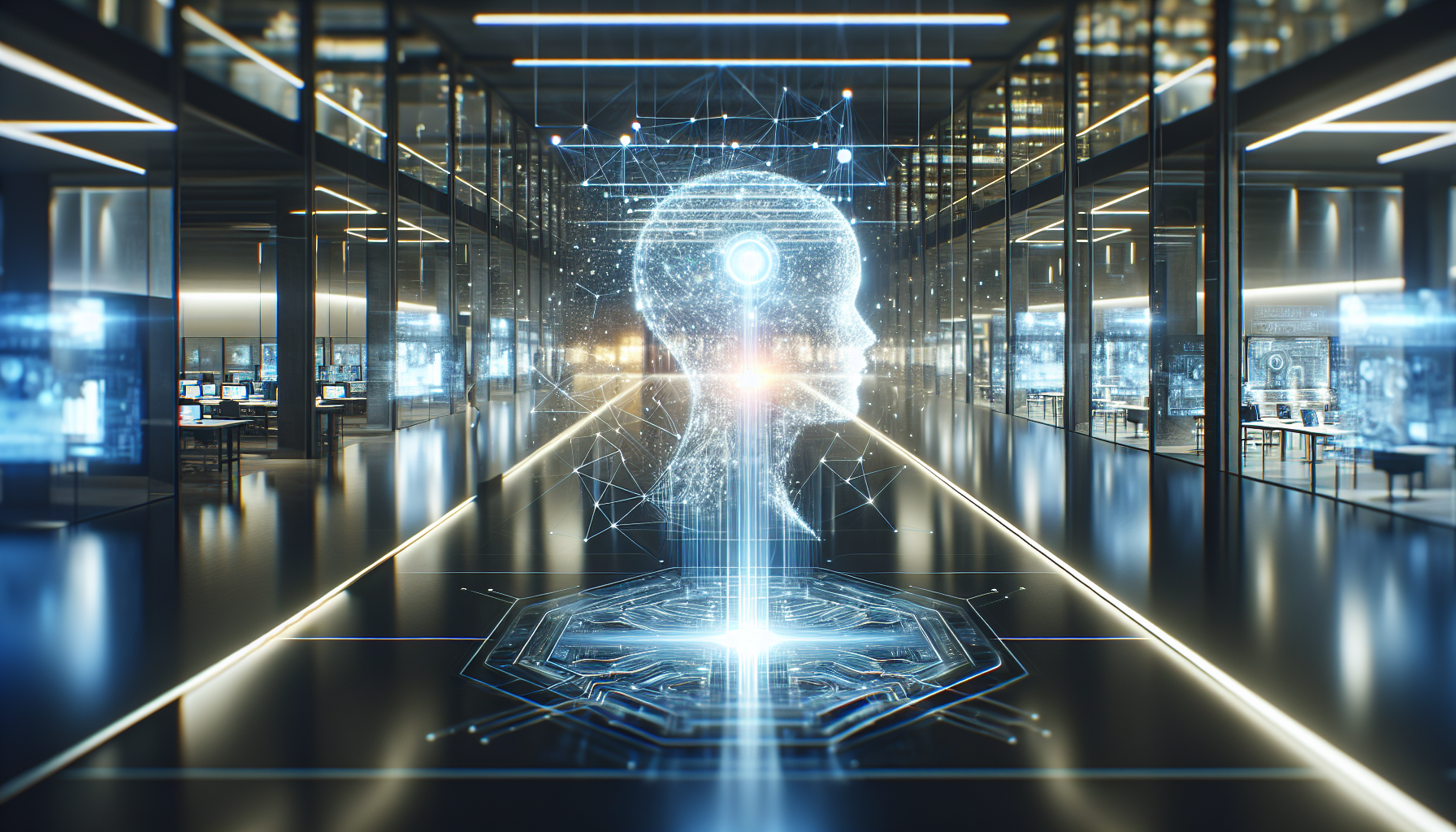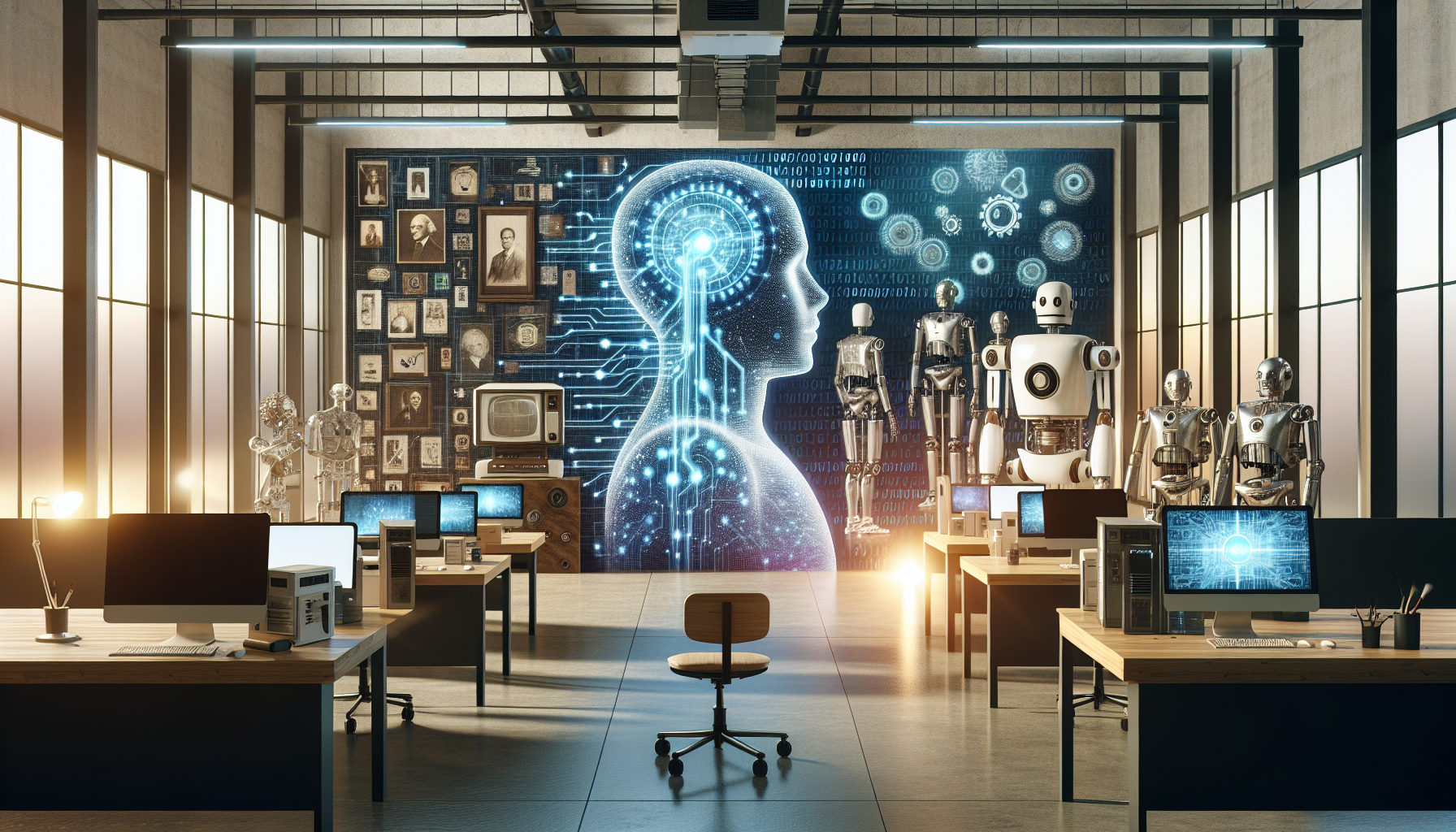
AI in the Legal Industry: Streamlining Processes and Case Analysis-A Critical How-To Guide
September 21, 2025
Artificial Intelligence (AI) promises to revolutionize the legal industry, yet its integration has been met with skepticism and caution. While AI tools offer the tantalizing possibility of streamlined processes and enhanced case analysis, they also raise critical questions about ethics, privacy, and the potential erosion of human expertise. This how-to guide will navigate the complex landscape of AI in legal contexts, scrutinizing its benefits and pitfalls.
The allure of AI in the legal industry lies in its potential to automate mundane tasks, allowing legal professionals to focus on more complex issues. Document review, contract analysis, and legal research are areas where AI can reduce hours of tedious labor into mere seconds of processing. Yet, this efficiency comes with a cost. While AI can process information rapidly, it lacks the nuanced understanding that human judgment provides, which is critical in legal proceedings.
To effectively leverage AI in legal practice, professionals must critically assess what AI can and cannot do. Start by identifying repetitive tasks that consume valuable time. AI excels at sifting through vast amounts of data, recognizing patterns, and offering data-driven insights. Deploying AI for initial data review in litigation or due diligence processes can expedite these tasks that would traditionally take weeks.
However, reliance on AI for such tasks should not eclipse human oversight. AI systems are only as good as the data they are trained on. Biased or incomplete data can lead to skewed results, affecting legal outcomes and potentially perpetuating injustice. Legal professionals must rigorously audit AI tools, ensuring they are transparent and unbiased. A vigilant approach to AI deployment can mitigate risks and safeguard against erroneous judgments.
AI also heralds a transformation in case analysis, offering predictive analytics that can forecast case outcomes based on historical data. While this capability is promising, it is not infallible. The intricacies of legal arguments and the unpredictability of human behavior are factors that AI cannot fully account for. Lawyers should view AI's predictions as one of many tools at their disposal, complementing but not replacing their own expertise and intuition.
Another critical aspect of AI in the legal industry is its impact on client confidentiality. AI systems often require access to sensitive information, and this raises significant concerns about data security. Legal firms must ensure robust cybersecurity measures are in place to protect client information from breaches. Additionally, clear protocols should be established regarding the scope and limits of AI's access to sensitive data.
For those considering integrating AI into their legal operations, choosing the right AI platform is crucial. Legal professionals should seek platforms that offer transparency, scalability, and are backed by a reputable support system. It's essential to engage with AI vendors who understand the unique demands of the legal landscape, ensuring that the technology aligns with ethical and professional standards.
Ethical considerations extend beyond client confidentiality and data security. The potential for AI to replace entry-level legal positions raises questions about the future of legal careers. While AI can improve efficiency, it should not do so at the expense of developing the next generation of legal minds. As AI takes over routine tasks, legal professionals must advocate for a reimagined role where human skills like empathy, creativity, and negotiation remain irreplaceable.
Ultimately, the integration of AI in the legal industry is not a one-size-fits-all solution. It demands a critical, informed approach that balances technological advancement with ethical responsibility. The question remains: as AI continues to evolve, how will the legal profession adapt to ensure it enhances rather than hinders justice? This is a dialogue that must continue, engaging legal professionals, technologists, and policymakers in shaping a future where AI and human expertise coexist harmoniously.


